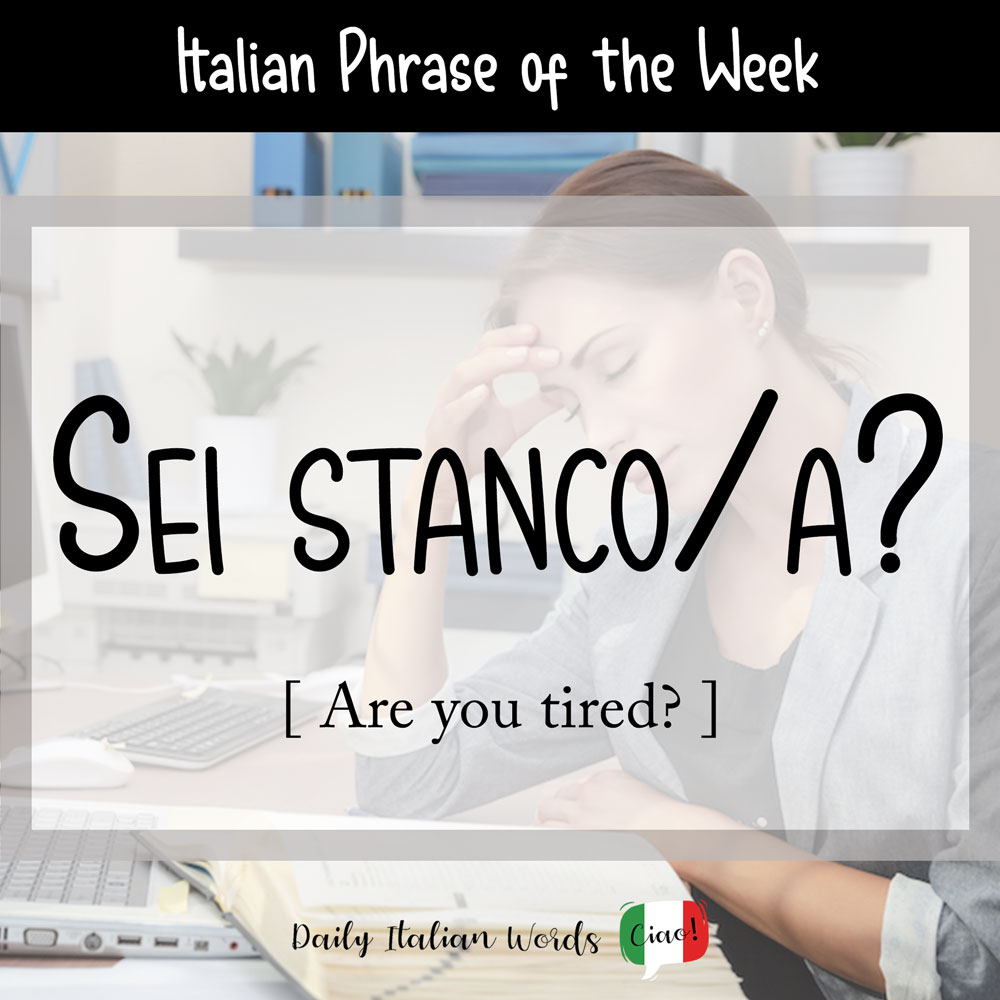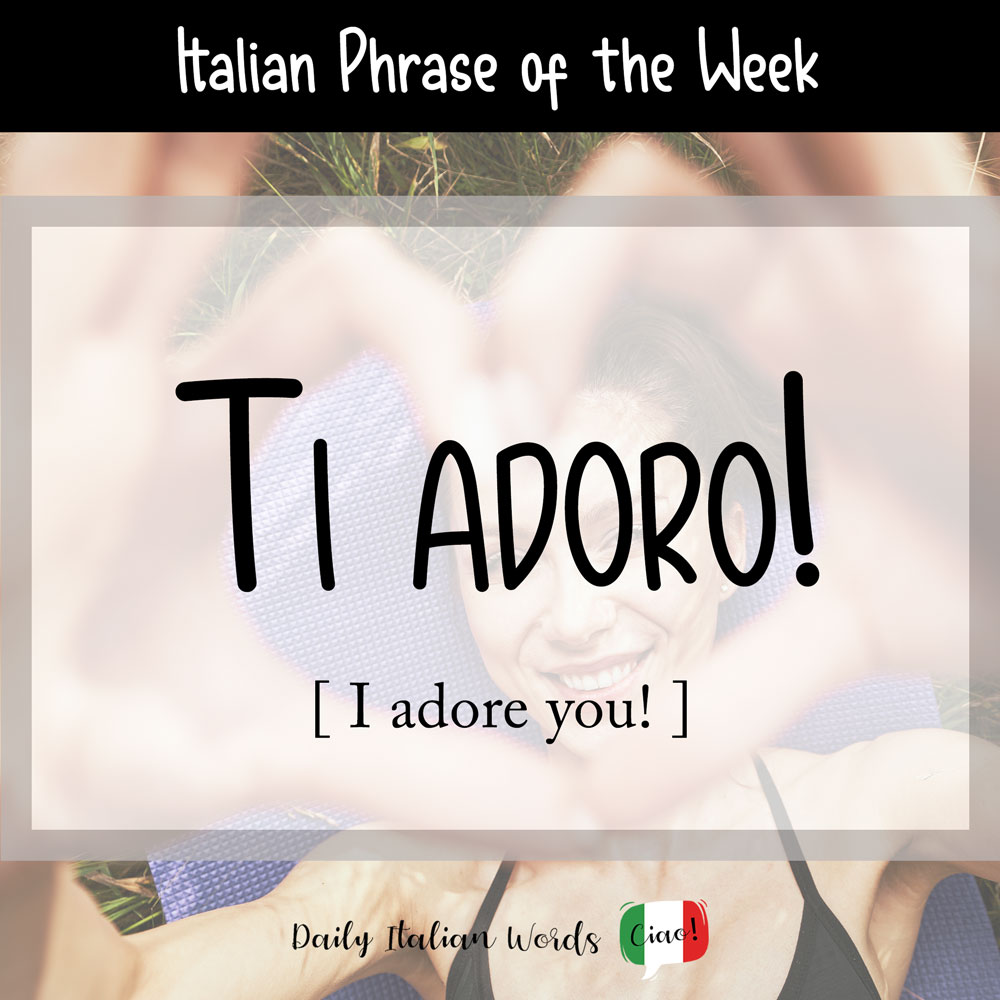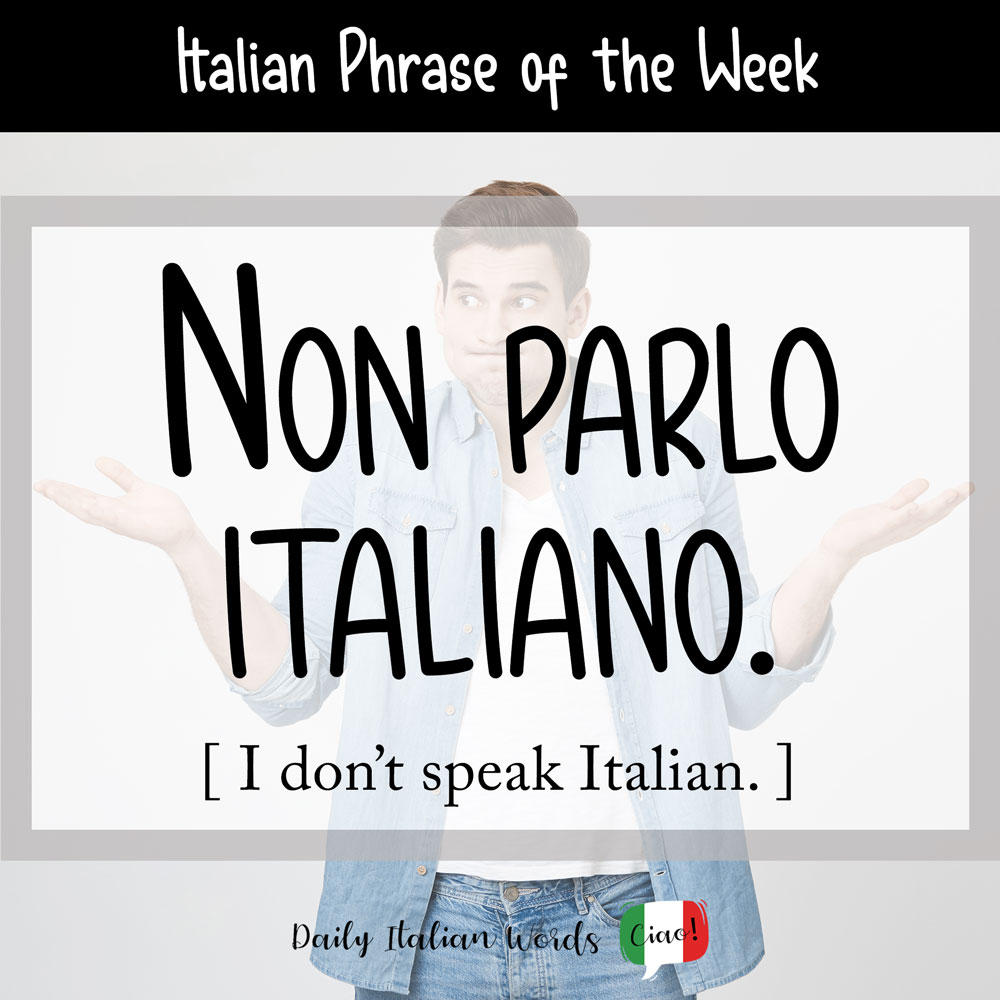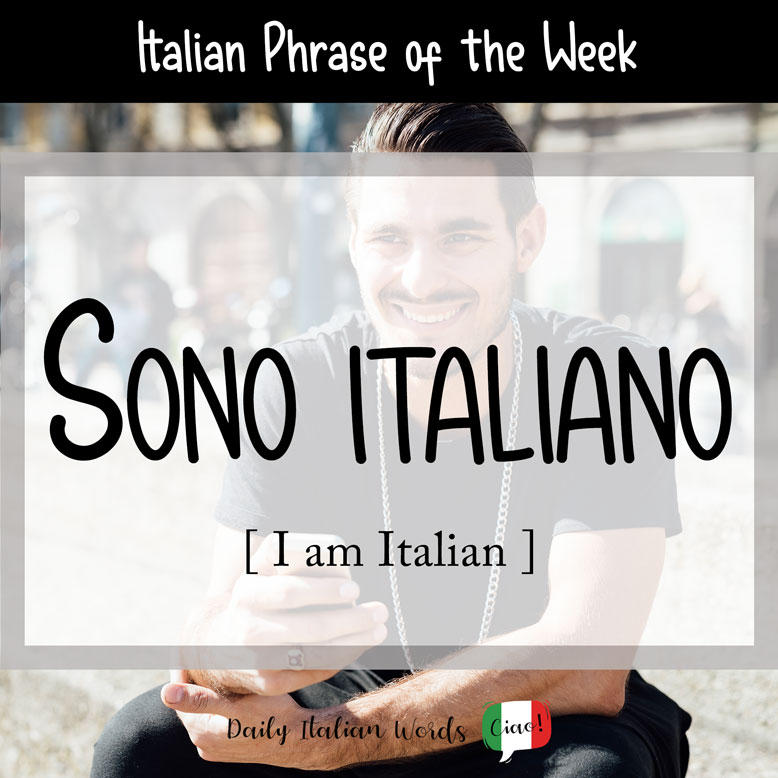Italian Phrase: Mi piace la pasta! (I like pasta!)
Today we have a phrase that was requested by one of our pasta-loving readers! Mi piace la pasta! I like pasta! If you want to say “I like [X]” in Italian, you need to memorise the expression “mi piace [X]“. Before we take a closer look at this phrase, it is important to point out …






